Meet the recipients of the 2023 Personnel Awards for Indigenous Scholars
Heart disease and brain health conditions including stroke continue to be among the top causes of death and disability in Canada. Heart disease affects 1.3 million people living in Canada, and more than 800,000 individuals are living with the effects of stroke. Indigenous Peoples are inequitably affected: heart disease rates are up to 50% higher than in the non-Indigenous population in Canada, and the death rate from stroke is twice as high.
Brain Canada, the CIHR Institute of Circulatory and Respiratory Health, and Heart & Stroke have created the Personnel Awards for Indigenous Scholars funding opportunity to strengthen the Indigenous health research workforce and build capacity for cardiovascular and brain research in Canada. Prioritizing Indigenous capacity and representation in health research will bring essential cultural knowledge and understanding to the heart and brain research community.
These awards support six Indigenous master’s students and nine Indigenous doctoral students for up to three years. All fifteen awardees will work to investigate pressing heart and brain health issues.
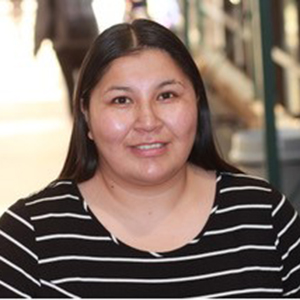
Melissa Anderson
Doctoral student at the University of Manitoba under the supervision of Dr. Melanie Martin
Melissa Anderson is studying image processing methods in magnetic resonance imaging (MRI). She is working to optimize imaging methods to help with stroke diagnosis and treatment. Melissa hopes to inspire the next generation to strive for their goals as she has.

McCrae Best
Master’s student at Memorial University of Newfoundland under the supervision of Dr. Jacqueline Vanderluit
How do omega-3 fatty acids reduce inflammation and neurodegeneration post-stroke? McCrae Best is working to find out by looking at human neurons derived from stem cells. This award is helping McCrae to devote his efforts to this promising research.
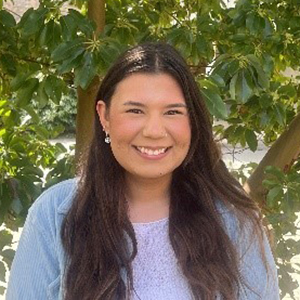
Hayley Casey
Master’s student at the University of Victoria under the supervision of Drs. Jodie Gawryluk and Erin Mazerolle
Do traumatic brain injuries and post-traumatic stress disorder increase our risk of developing dementia? Hayley is studying the vascular brain health of veterans with these conditions to learn more. Through this award, Haylee is looking forward to dedicating more time to her research career.
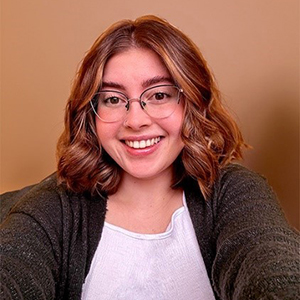
Aimee Dawe
Master’s student at the University of Guelph under the supervision of Dr. Melanie Alpaugh
How does heart disease affect the progression of neurological diseases? Aimee is exploring the connection between cardiovascular dysfunction and conditions like Huntington’s disease and schizophrenia. This award will allow Aimee to build her skills as a researcher as she continues her academic studies.

Erin Deslauriers (Gurr)
Doctoral student at Western University and the University of Illinois Chicago under the supervision of Drs. Katreena Scott and Candace Brunette-Debassige
Erin is collaborating with Kalaallit (Greenlandic Inuit) students to describe factors that support mental wellness, through participant-taken photographs and stories. She aims to promote good health for Indigenous students attending school away from their home communities. This award will help Erin to focus on impactful engagement with the student participants.
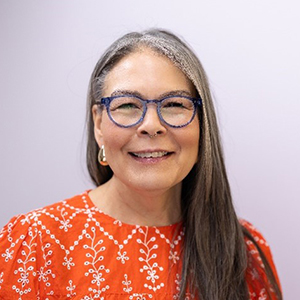
Kimberly Fairman
Doctoral student at the University of Victoria under the supervision of Dr. Sarah Wright Cardinal
How do Inuit in northern and remote communities experience chronic health conditions? The goal of Kimberly’s research is to understand how Inuit worldview shapes engagement in health research and the experience of living with heart conditions. Through this project, Kimberly is spending time in her community and ensuring their meaningful participation in the project.
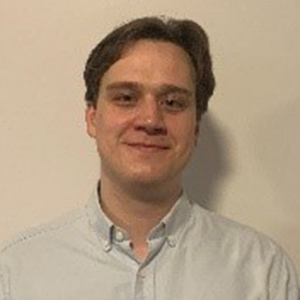
David Foubert
Doctoral student at McGill University under the supervision of Dr. Edward S. Ruthazer
David’s research aims to improve our understanding of visual system development and how the eyes connect to the brain. He is studying the formation and function of the visual circuit in clawed toe African frogs. This award will allow David to attend scientific conferences to contribute to his development as a researcher.
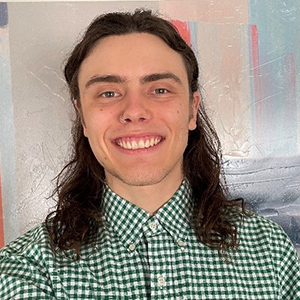
Ethan Hagen
Doctoral student at the University of Alberta under the supervision of Drs. Yanbo Zhang and Trevor Hamilton
Ethan’s research team is studying how exposure to nicotine in early life affects development. He is also exploring the intergenerational impacts of nicotine exposure on addiction and development. This award is helping Ethan to develop useful skills to continue investigating nicotine exposure as part of his Ph.D. program.
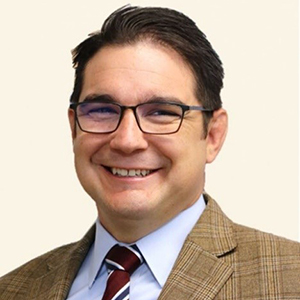
Casey Hewes
Doctoral Student at the University of British Columbia, Okanagan under the supervision of Drs. Kathy Rush and Pete Hutchinson
How can primary care support the cardiac health of Indigenous Peoples? Through qualitative and quantitative research, Casey aims to find out. His project will support Indigenous health and families by accelerating care equity and self-determined Indigenous health models and programs.
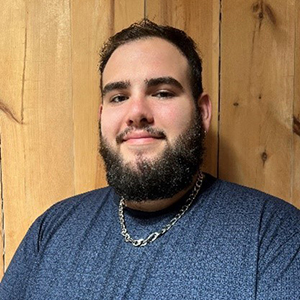
Sabastian Koprich
Master’s student at the University Health Network under the supervision of Dr. Heather Ross
Sabastian’s research aims to improve our understanding of the burden of cardiovascular disease for Métis of Ontario, with participation from Métis men in healing circles. As an Indigenous scholar and Métis youth, he is motivated to support his community and share their stories of maintaining wellness and heart health. This award is helping Sabastian to prepare for the next stages of his doctoral studies.
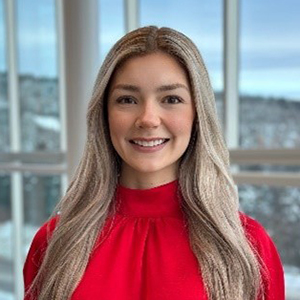
Olivia Perry
Master’s student at Memorial University of Newfoundland under the supervision of Dr. Noriko Daneshtalab
Hemorrhagic stroke occurs due to the rupture of a blood vessel in the brain. Olivia is investigating the changes that take place in brain blood vessels in this type of stroke. This personnel award will support Olivia as she continues her studies and makes strides in hemorrhagic stroke research.
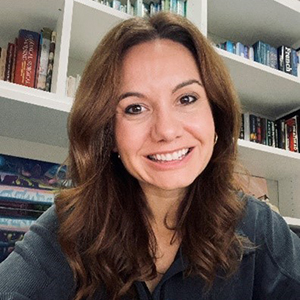
Sara Scott
Doctoral student at the University of Calgary under the supervision of Drs David Campbell and Lindsay (Lynden) Crowshoe
Social support and isolation can affect our ability to manage chronic conditions like diabetes. Sara will collaborate with Indigenous community members to build a program that explores the benefits of social connectedness to support Indigenous Peoples living with diabetes. As a mature student with a family, this award will support Sara as she pursues her studies in research and health leadership growth.
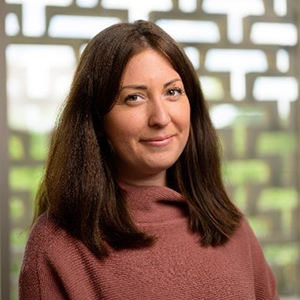
Brittany Skov
Master’s student at Lakehead University under the supervision of Dr. Christopher Mushquash
How does meaningful connection to culture, land, and cultural continuity affect the incidence of dementia among First Nations Peoples in Canada? Brittany, a member of Mississauga’s of the Credit First Nation (Anishinaabe), wants to find out. Through this community-based research, Brittany will foster relationships with local Indigenous communities to address health inequities related to brain aging and health.
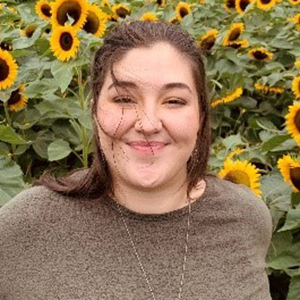
Morgan Towriss
Doctoral student at the University of British Columbia under the supervision of Drs. Annie Vogel Ciernia and Brian MacVicar
Morgan is studying microglia, the immune cells of the brain, and how they respond to inflammation. She hopes to better understand how neurodegenerative diseases and other brain conditions develop. As a Ts’msyen woman, Morgan is committed to promoting equity, diversity, and inclusion in her community.
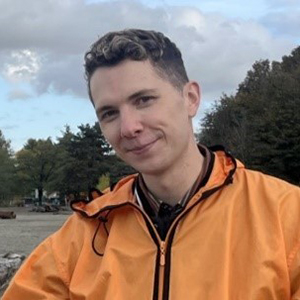
Justin Turner
Doctoral student at the University of British Columbia under the supervision of Dr. Pat G. Camp
Justin’s research is investigating stories of resilience among stroke survivors and First Nations communities in Northern BC who have been affected by climate-driven disasters and the COVID-19 pandemic. Drawing from his experience as an occupational therapist and a citizen of Métis Nation BC, Justin’s work synthesizes lessons to increase resilience during future emergencies. This personnel award will help Justin on his way to becoming a leader in occupational therapy focused on resilience.
- Date modified: